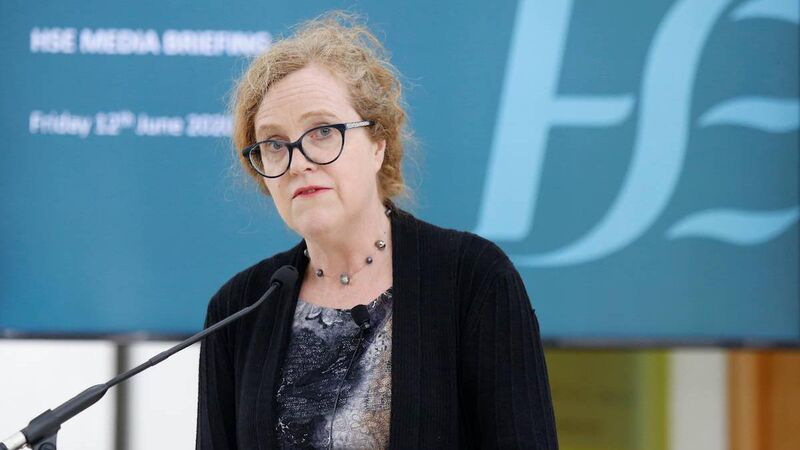Public health system reliance on outsourcing cannot continue, say consultants

Dr Catherine Motherway, intensive care consultant at UHL, said: 'One thing I would do differently is I would let people come in to see dying relatives. It was one of the hardest things that I’ve done in my life. We prevented them for a period of time, short but it was dreadful.' Picture: Leon Farrell
Sending public patients to private hospitals instead of investing is causing harm to public health services, a seminar on the pandemic’s impact heard yesterday.
Speakers from University Hospital Limerick and University College Cork were among an international gathering at the National Healthcare Outcomes Conference, hosted by the Royal College of Surgeons Ireland (RCSI).










